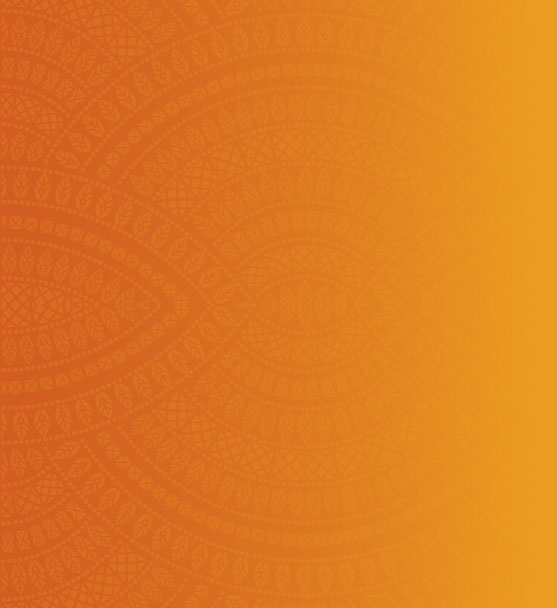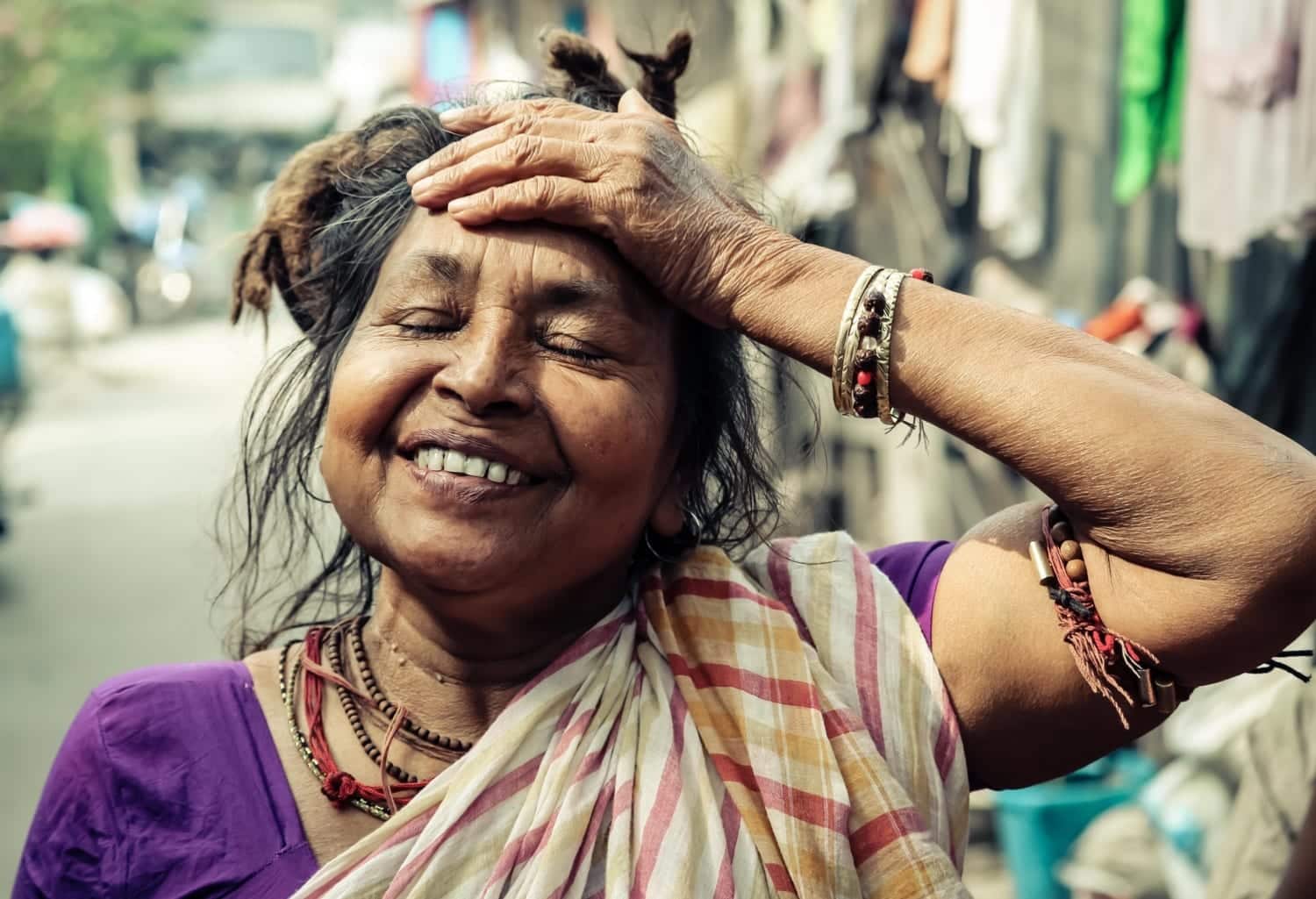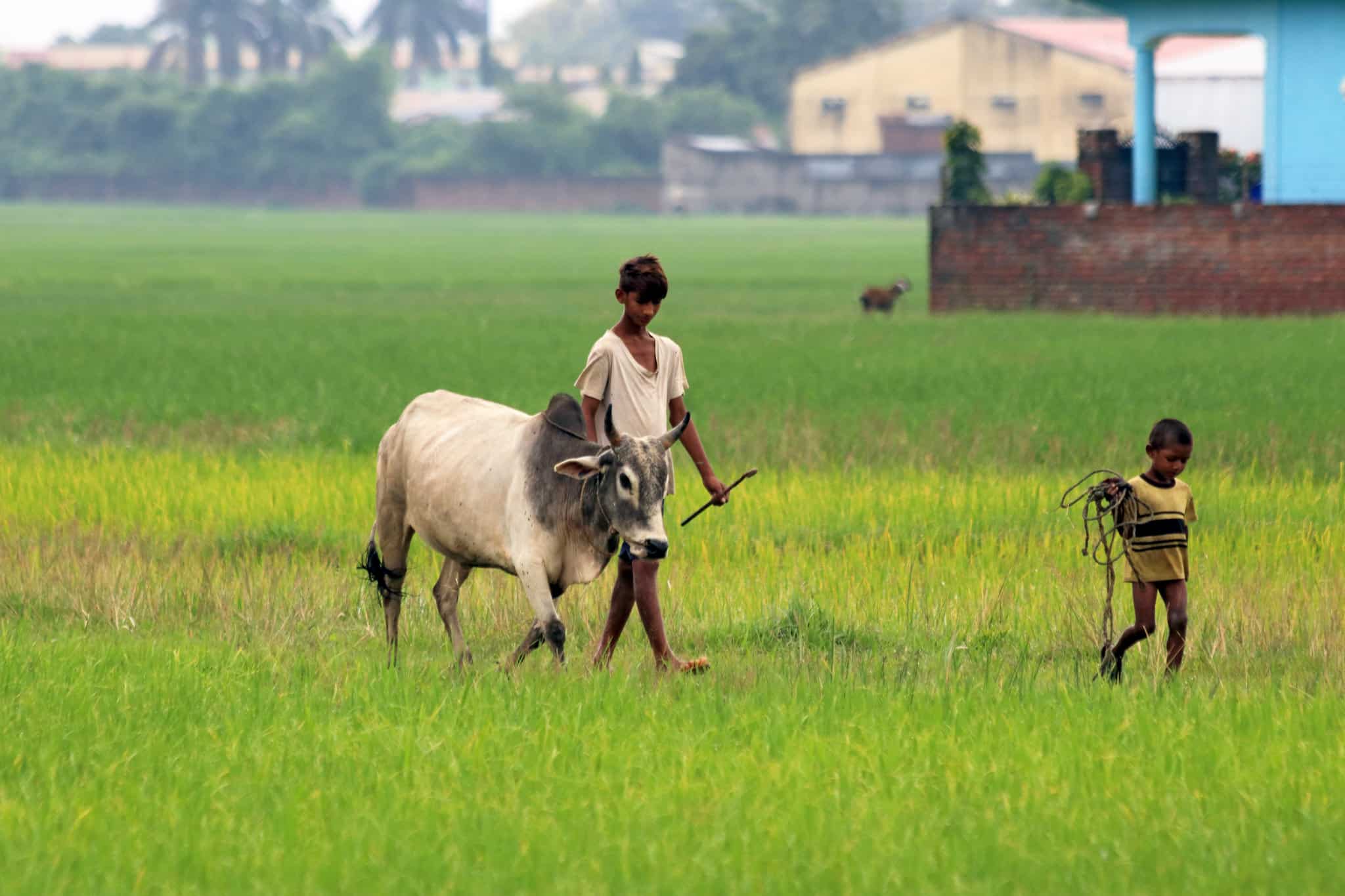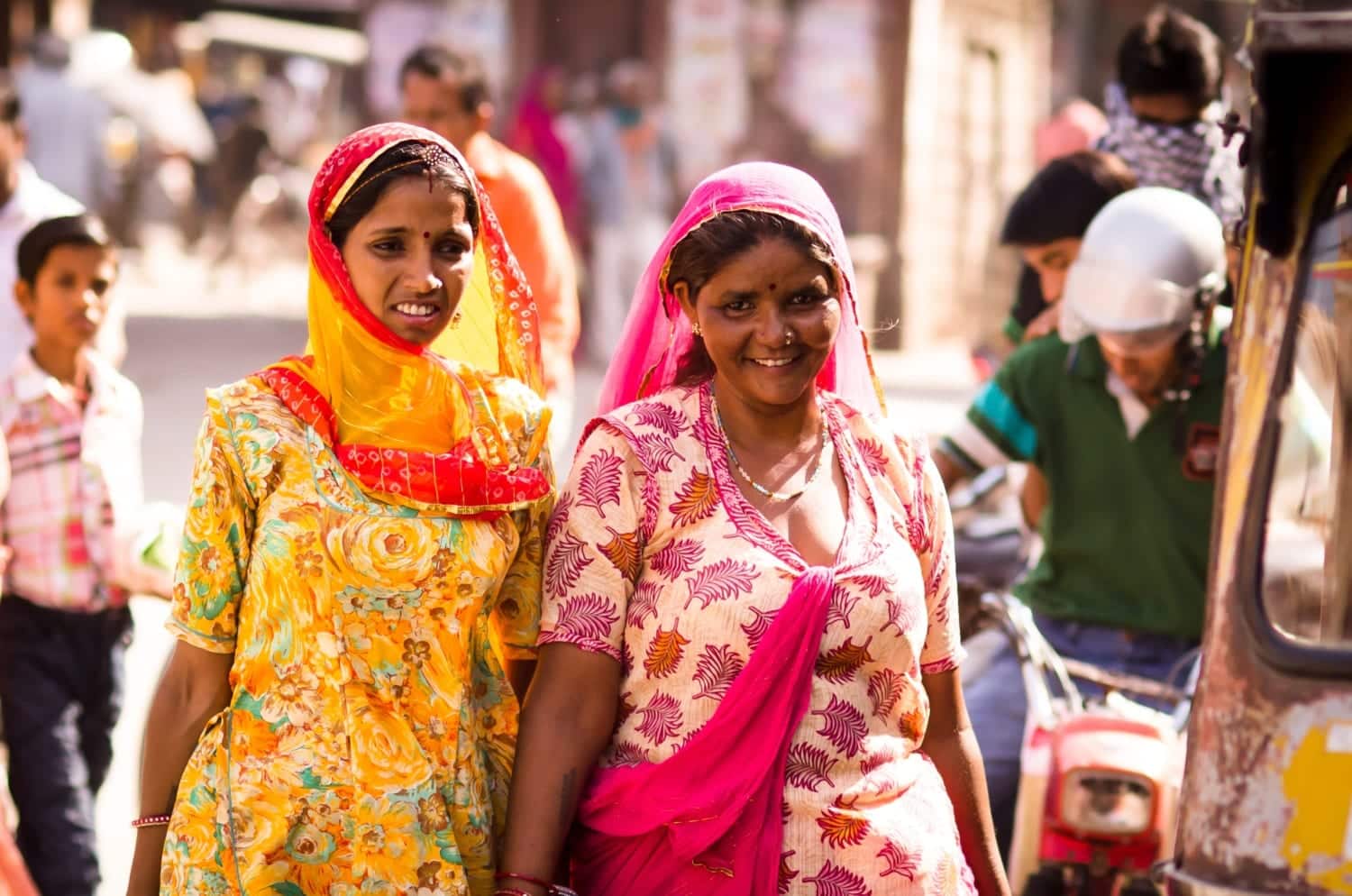

In rural India women rise in health together
In rural India, women are used to taking care of others. Now they are helping each other focus on their health.

Women in rural India’s hill communities are used to taking care of others first – their siblings, their children, their husbands, their in-laws, their animals, cooking, cleaning, washing, carrying heavy loads from the early hours of the morning until late into the night. They do not have time to think about themselves or their health.
But such an approach has proved dangerous. Every four and a half minutes, a woman in India dies in childbirth. According to the World Health Organization, iron-deficiency anemia among women in India is a major public health concern. Malnourished, physically overworked and unaware of safe practices, women often face devastating risks during pregnancy like poor health, unsafe home births and inadequate access to quality healthcare.
This is why Hevalvani and Raibar, two community radio teams, joined in as a part of EAI’s project, Community Radio via Satellite, to address women’s health by calling for women to connect with each other in self-help groups.
And the results are big.

“I do not think we women are weak. Subjugated? Yes. But weak, definitely not.” - Chanchura Devi, Raibar Community Radio Workshop Participant
In a small village called Trikot, a group of local women defied tradition calling to shun a widow who had a child with another man, 16 years after her husband died. Instead, they helped her harvest the fields and fought for her to be accepted in society. Today she lives a normal, respectable, life.
Throughout the area, self-help groups have created shared savings accounts to help one another in times of need and shared indigenous medicinal practices so as to be able to take care of each other during childbirth.